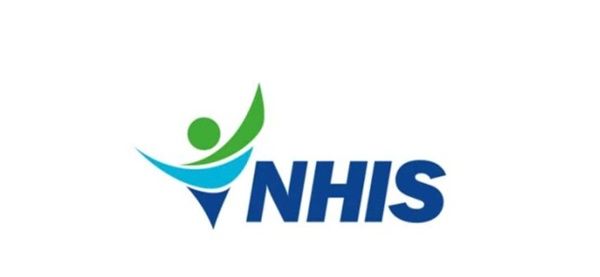The National Health Insurance Authority (NHIA) is stepping up its efforts to rebuild confidence in the National Health Insurance Scheme (NHIS), announcing the payment of GH¢834 million in vetted claims to health providers so far in 2025.
This major financial injection was revealed by the NHIA’s new Chief Executive Officer, Dr Victor Asare Bampoe, at a press conference on Monday. He emphasized that the move signals a renewed commitment to transparency, financial discipline, and timely reimbursements.
“Every vetted claim has been honoured,” Dr Bampoe stated, adding that GH¢555 million was disbursed just last week alone, with an additional GH¢30–40 million currently being processed.
Tackling Delays and Illegal Charges
The NHIA says it is determined to end long-standing delays that have crippled healthcare delivery under the scheme. According to Dr Bampoe, strict enforcement of Section 52 of the NHIS Act—mandating that NHIL funds be released within 30 days—is now a priority. The Finance Ministry has been instructed by the President to comply fully with this provision.
Read Also: Ghanaians in U.S. must carry legal papers at all times—new immigration rule in full force
Dr Bampoe described this as a “game changer,” especially when combined with the repeal of Act 947, which previously capped the NHIS fund. The changes are expected to guarantee more predictable cash flow to health facilities.
In parallel, the NHIA is aggressively confronting illegal out-of-pocket payments that patients continue to face at hospitals. “These payments undermine the very purpose of the scheme,” Dr Bampoe said, noting that providers are being reminded to stick to approved tariffs.
Newly introduced customer service desks and printed booklets for all NHIS members are among the strategies being rolled out to inform the public about their entitlements—and give them tools to report any unauthorized charges.
Strengthening Internal Controls
Restoring public faith, Dr Bampoe emphasized, goes beyond clearing arrears. The NHIA is rolling out a set of internal reforms designed to curb leakages, boost accountability, and ensure every cedi is spent appropriately.
“We are tightening our financial and administrative systems,” he explained. Measures include enhanced auditing, real-time claims verification, and deploying staff to health facilities to support oversight and assist patients directly.
Free Dialysis Expansion Underway
Meanwhile, the NHIA is expanding access to life-saving dialysis treatment under the government’s Mahama Cares initiative. Twenty hospitals already offer free dialysis, and a strategy is being finalized to extend this service nationwide.
A dedicated committee is finalizing its recommendations, with the full rollout expected within the 120-day deadline set by the President.
“Our goal is to make dialysis accessible, affordable, and sustainable,” said Dr Bampoe.
The renewed direction of the NHIA under Dr Bampoe appears to be setting the stage for a more trusted, better-funded, and truly universal national health system—one that puts patients first.

























